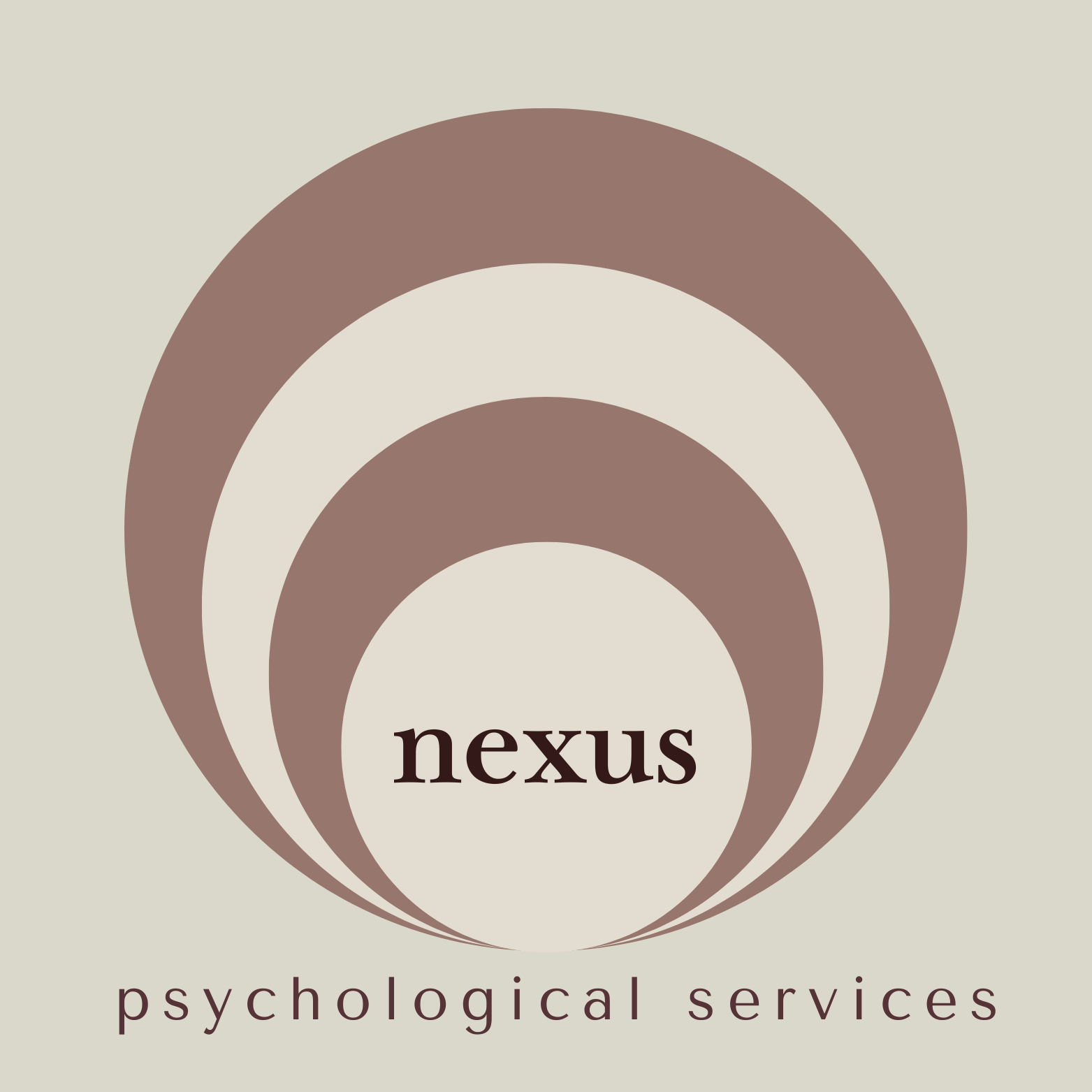Schema Focused Therapy (SFT)
Schema therapy enables changes in clients who feel hopeless about their self-destructive patterns, because these problematic behaviours may seem so entrenched that they appear to be part of their very identity. Schemas or ‘negative lifetraps can lead to low self-esteem, lack of connection to others, problems expressing feelings and emotions and excessive worrying about basic safety issues. These beliefs can also create strong attraction to inappropriate partners and lead to dissatisfying careers.
Schemas are defined as broad, pervasive themes regarding oneself and one's relationship with others developed during childhood and elaborated throughout one's lifetime and dysfunctional to a significant degree. Schemas develop in childhood from an interplay between the child's innate temperament and the child's ongoing damaging experiences with parents, siblings or peers. Many clients who begin schema therapy have sometimes spent years in other types of therapies, gaining valuable insight but are often frustrated by their lack of progress. Schema therapy is especially helpful in treating chronic depression, anxiety and relationship difficulties. It helps to prevent relapse among substance abusers.
See www.schematherapy.com for more information.
Schema therapy enables changes in clients who feel hopeless about their self-destructive patterns because these problematic behaviours may seem so entrenched that they appear to be part of their very identity. Schemas or ‘negative life traps' can lead to low self-esteem, lack of connection to others, problems expressing feelings & emotions and excessive worrying about basic safety issues. These beliefs can also create strong attraction to inappropriate partners and lead to dissatisfying careers.
Quick test
If you are interested in schema therapy, please take this quick test to see if schema may be affecting your well-being or quality of life:








